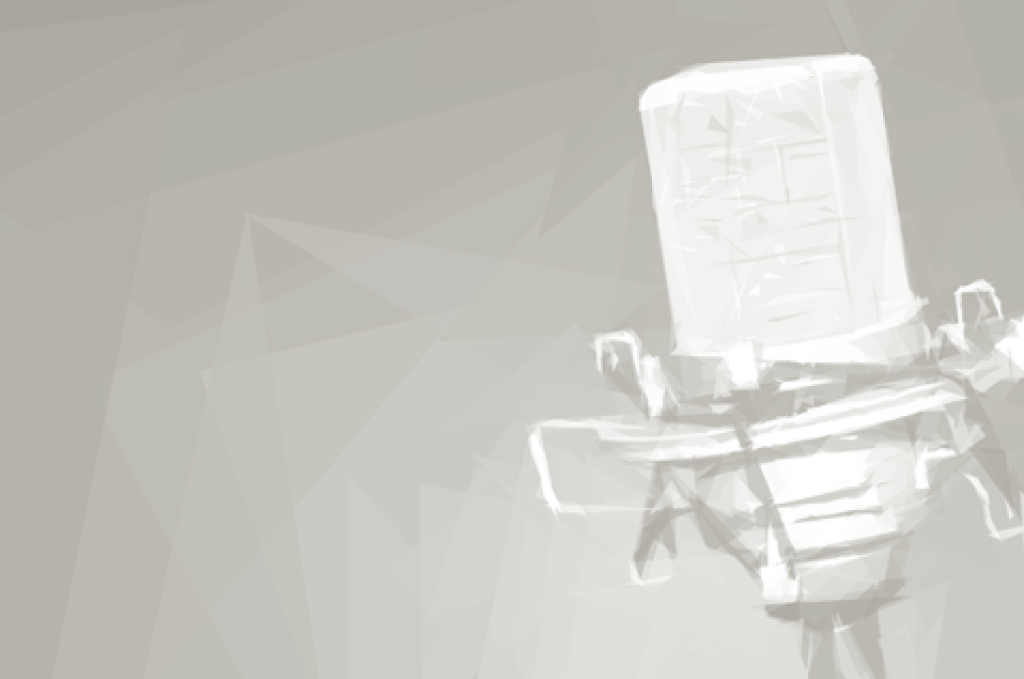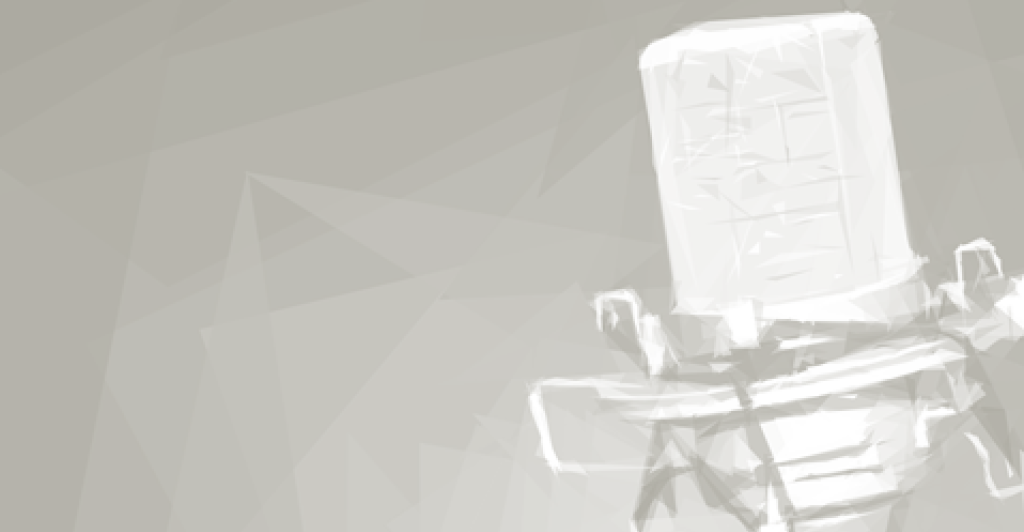In reality, the return to the rural village was just a metaphor, the life of unemployment and quiet reflection a mirage. That was already evident in his farewell TV interview by the SABC.
I have not planned my programme after June 16 but as soon as the inauguration is over I will then decide what I should do But I will have no separate dreams and visions from that of the African National Congress.
Indeed the framework for this activity had already been created in the project he had started almost as soon as he came out prison, persuading the private sector to contribute directly to meeting urgent needs of the very poor. It had continued when he was president alongside the national programmes of government. By the time he left government the Nelson Mandela Children’s Fund, launched in 1995, had mobilised funds for some 800 projects. Clinics and schools had been built through projects bringing together community leaders and corporations. Although no substitute for the socio-economic upliftment programmes of government, they provided a space for citizens to work together in helping alleviate urgent needs.
I am part of the government of the country. I may be holding no position, no power, no influence, but I can contribute my bit in addressing questions of poverty and questions of disease and so on. I can mobilise funds to support children. I can go to big and small companies to say I’ve got 300 children who have to go to high school and university and all of them respond marvellously. So I’m helping the government of the country because no country can succeed if the future leaders are not educated.803
‘Madiba very clearly saw a role for the private sector along with the public sector,’ Geraldine Fraser-Moleketi explains, ‘It’s just that those projects tended to be seen as his personal projects rather than taking them forward as a coordinated government, private sector relationship.’804

Madiba very clearly saw a role for the private sector along with the public sector
It was more than providing needed facilities. It was community empowerment and nation-building at the micro-level. Mandela would bring together school principal or health official, community leader, traditional leader and government official and representative of the corporation to work together in building the school or clinic. He would take corporate leaders to the poorest communities in the poorest provinces. As Graca Machel put it, ‘At first sight it was just a school, but if you go deeper you would say he was connecting the very end of the wealthiest with the poorest and it allowed them to have space to talk to each other.’805

he had the strength and power to do it because he was trusted by both sides.
No longer president, he also brought the project to where he had grown up. Although its unchanged poverty had so shocked him before the 1994 election he had avoided doing so while in government ‘because the people might say I only serve my home and that I am not a national leader.’806
The unfinished task of nation-building and the urgency of bringing additional resources to development consumed the space that had been freed.
Concern about the debilitating effects of ‘lazing around’ started to feature more prominently in his pronouncements. The body and the psyche were not used to it. And a life without formal authority also took getting used to. Asked why he didn’t spend time with his grandchildren as he had imagined he would, he explained.

If there is anything that would kill me, is to wake up in the morning not knowing what to do. The fact that I’ve got a program – I can mobilise business to build schools and clinics in vast rural areas in this country where no facilities exist, where children study under trees, in mud houses, and I can ask business to raise scholarships for our children – that is one thing that keeps me alive, and to stop thinking about all my problems, personal problems, to think in terms of the problems of the community. Without that I would have passed long ago.807
It was not only in South Africa that the urgency of helping alleviate human suffering called Mandela. Within months of stepping down from government, he accepted President Mbeki’s request to facilitate the Burundi peace process. He had been persuaded to do so by Julius Nyerere, who had been facilitating the process and one of whose last wishes before he passed away, was that Mandela should take on that task. For Mandela it was part redemption of the debt South Africa owed to Nyerere and to Africa for its liberation.808
In reality, stepping down from government had opened a new vista in the long walk to freedom.

it was for Africa
The profound changes of the past four-and-half years make the distance traversed seem so short; the end so sudden. Yet with the epoch-making progress that has been made, this period could have been decades. ...
…However there is no time to pause. The long walk is not yet over. The prize of a better life has yet to be won.809
